Entered The Festivals - Awaiting Further Info
Hello blog readers. So, here's a bit of news. I have submitted one of my feature film scripts to a couple of festivals. One is the Best Script Award festival which is based in London, England, and runs on a monthly basis. The other is the Los Angeles International Screenplay Awards festival.
The film is a family adventure drama. Without giving too much away on what the film is about, I'll put it this way; it includes a working-class family, a TV game show, and sabotage. I first began developing the idea five years ago and also submitted the script as part of my dissertation.
I guess I should talk about some of the family movies which influenced my writing. Not all of them have influenced just this one project of mine in particular, but are most likely to serve as influences for other projects as well. Some of the influences are very loose. I must warn readers that there may be spoilers. Also, this list is in no particular order.
Films
Willy Wonka & The Chocolate Factory (1971) - I grew up with Roald Dahl's novels and I personally think he's one of the greatest novelists to have ever existed. Most of his stories are targeted at children. But Roald was always unafraid to portray the dangers that surround children in his stories, many of which contained the occasional macabre elements, blended with a few comedy elements. He sometimes intended to entertain children through the darkness. Charlie & The Chocolate Factory was no exception and it sees a working-class youth entering a small "magical world" in which competition takes place, only in this story, the "magical world" is the titular factory. The 1971 film I feel was more suitable as an influence compared to Tim Burton's 2005 version since it's had much darker elements i.e. the misfortunes that Charlie's fellow youth competitors face during the tour.
The Witches - another Roald Dahl story. I've both read the book and seen the film. The Witches was one of the films we taped from the TV during my childhood. This one also explores the themes of child endangerment and its synopsis sees an eight-year-old boy finding himself to be a deadly target from a group of women who are attempting to rid the country of a particular race (in their case, children).
Gremlins - originally written by Roald Dahl, then written by Chris Columbus, another film that includes youths as main characters and features dark plots and dramatic themes surrounding the children - there is a scene where one of them reveals how she lost a loved one leading to her discovering the truth about Santa Claus' existence.
Chitty Chitty Bang Bang - originally written by Ian Fleming, the film version of Chitty Chitty Bang Bang was scripted by Roald Dahl and he manages to incorporate his recurring themes of child endangerment within the movie - one particular scene I'm fond of is when the Childcatcher manipulates Jeremy and Jemima into searching for candy in his "candy" wagon, thus kidnapping them. The film is told from the perspective of a working-class family joined by a friend of theirs as they not only try to obtain financial security but also enter a rescue mission. Another thing I was fond of was how designed the titular car is and was impressed to find out that it was built out of parts from various other cars. In addition, Robert & Richard Sherman's songs are well-composed and performed and provide a beautiful atmosphere to the film.
The Goonies - written by Chris Columbus and Steven Spielberg, the latter who's known to sometimes explore the importance of childhood through his projects. Its storyline involves a group of children, of various ages, journeying through a magical quest.
Goosebumps - the 2015 movie written by Scott Alexander and Larry Karaszewski. The film is based on a series of children's books. In this adaptation, a group of teens is ambushed by a variety of fantasy creations, originally created by a non-sociable author. Also, parts from the film I observed are the use of set designs i.e. the ice rink and the dilapidated funhouse.
Jurassic Park - I'm a personal fan of both Michael Crichton's novel and the movie adaptation. Both versions contain authentic child language and adult political conversations in-between. The story also takes place in a "magical world", namely the titular park. As a matter of fact, during the early drafting process, I observed the opening sequence for inspiration. In addition, I once borrowed the novel version as well as the original novel to Lewis Carroll's Alice In Wonderland from my university library and compared the dialogue from both novels to each other.
Pinocchio - I refer to the Disney version (script written by Bill Peet) which is one of my personal favourites. I can certainly agree that Pinocchio is one of Disney's darkest movies, especially considering the scene where the titular character gets caged by Stromboli and informed that someday he'll be turned to firewood, the scene with Monstro the whale, but when it comes to certain conversations about Pinocchio and darkness in film, the Pleasure Island sequence comes up the most; the children are enjoying themselves at the vacation island and then with the exception of Pinocchio himself, they land themselves in permanent trouble, even making literal jackasses of themselves. This is one of the things I love about the film; if Disney was making this movie now, they would probably ensure the children got rescued instead of being carted off permanently to salt mines, freak shows, circuses, and so forth. but at the time, they were brave enough to include the opposite and leave the film's villains be. I'd personally say that Pinocchio is one of Disney's closest contributions to society.
Hugo - John Logan is behind the script with Martin Scorsese behind the direction. Hugo is a great modern example of a family movie. It proves that family movies don't need crude humour. It is also unafraid to depict the realities of the world surrounding children.
E.T. The Extra-Terrestrial - written by Melissa Mathison and directed by Steven Spielberg. In what is one of my personal favourite films, a bunch of youth siblings, one who is socially awkward, must figure out how to help an alien home. Eventually, they do get joined by their single mother and some friends of theirs. Themes of race are explored, yet rather subtly.
The Never-Ending Story - one of the films I observed for research purposes whilst writing my dissertation, written (script-wise) and directed by Wolfgang Petersen. Much like The Goonies and Willy Wonka & The Chocolate Factory, The Never-Ending Story sees a young lad entering a "magical world". In the film's case, the world is known as the world of Fantasia, and the entry is through a book the boy reads. Once again, this is handled very creatively as the boy has to train like a warrior and fight off a force known as Nothing to save that particular world.
Time Bandits - the Total Film magazine once described Terry Gilliam's steampunk adventure flick as "Monty Python for kids". Considering that the film was written by Terry and also Michael Palin, it does make sense considering that it does have a bit of a Monty Python flavour to it. Time Bandits is more of a loose inspiration behind my writing regarding the set designs and its concept, but also due to the fact that Terry Gilliam has demonstrated through some of his films that not all films have to have happy endings and Time Bandits is no exception.
Jumanji - Joe Johnston's masterpiece is another example of a film that portrays youth characters (along with a couple of adults) entering a "magical world"; only the entry is through an enchanted board game.
Other films, not exactly regarded as family movies, but with a bit of a flavour to the genre
To Kill A Mockingbird - both Harper Lee's original novel and the 1962 film are among my personal favourites of all time. Going back to what I said about The Witches, one of the themes my film explores is racial tolerance. To Kill A Mockingbird is seen through the eyes of a young girl and she, her brother, and a friend witness their dad trying to support a black man who's being racially harassed and accused of sexually abusing a young caucasian lady.
Poltergeist - one of Steven Spielberg's written credits. This film is about a family who is traumatised by some supernatural forces from a TV set. I observed the dialogue and authentic arguments between the children closely.
So these are some of the films that influenced my writing. One day, I shall post a list of influences from other sources i.e. books, TV shows, real-life stories, and/or surroundings around me. In the meantime, I await further news from both the screen-writin festivals.
Thanks for reading.
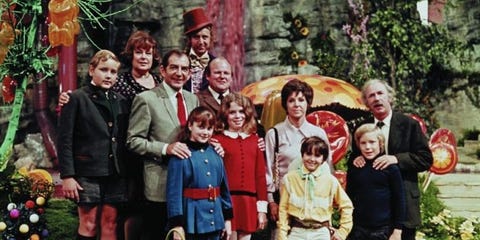
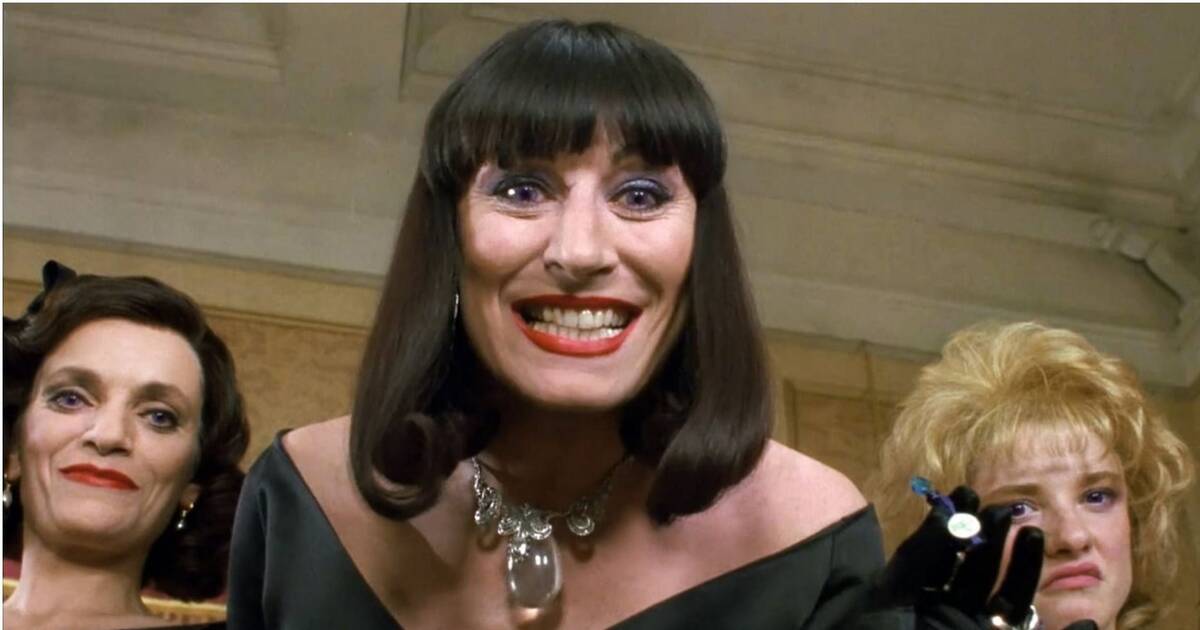

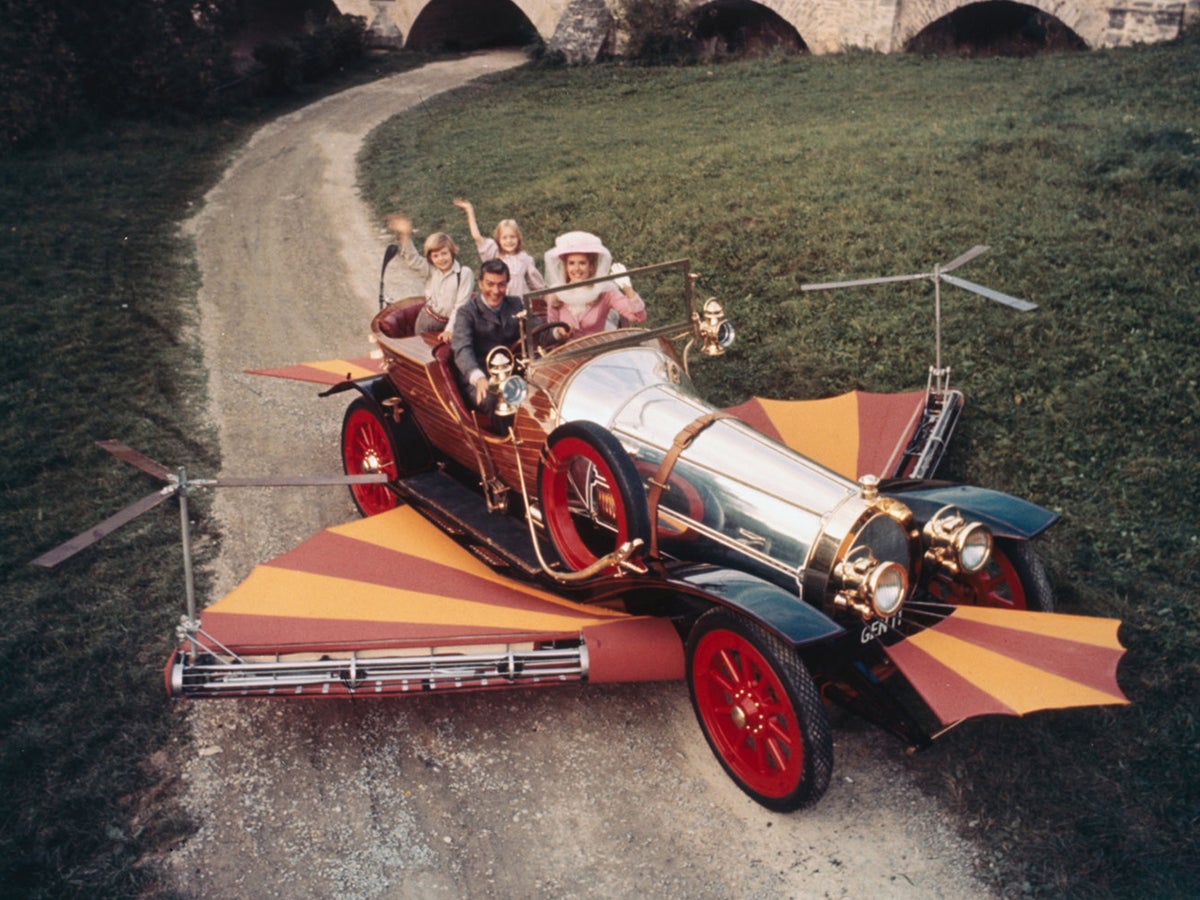

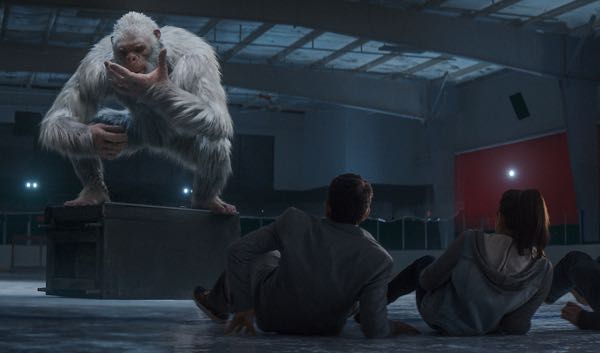






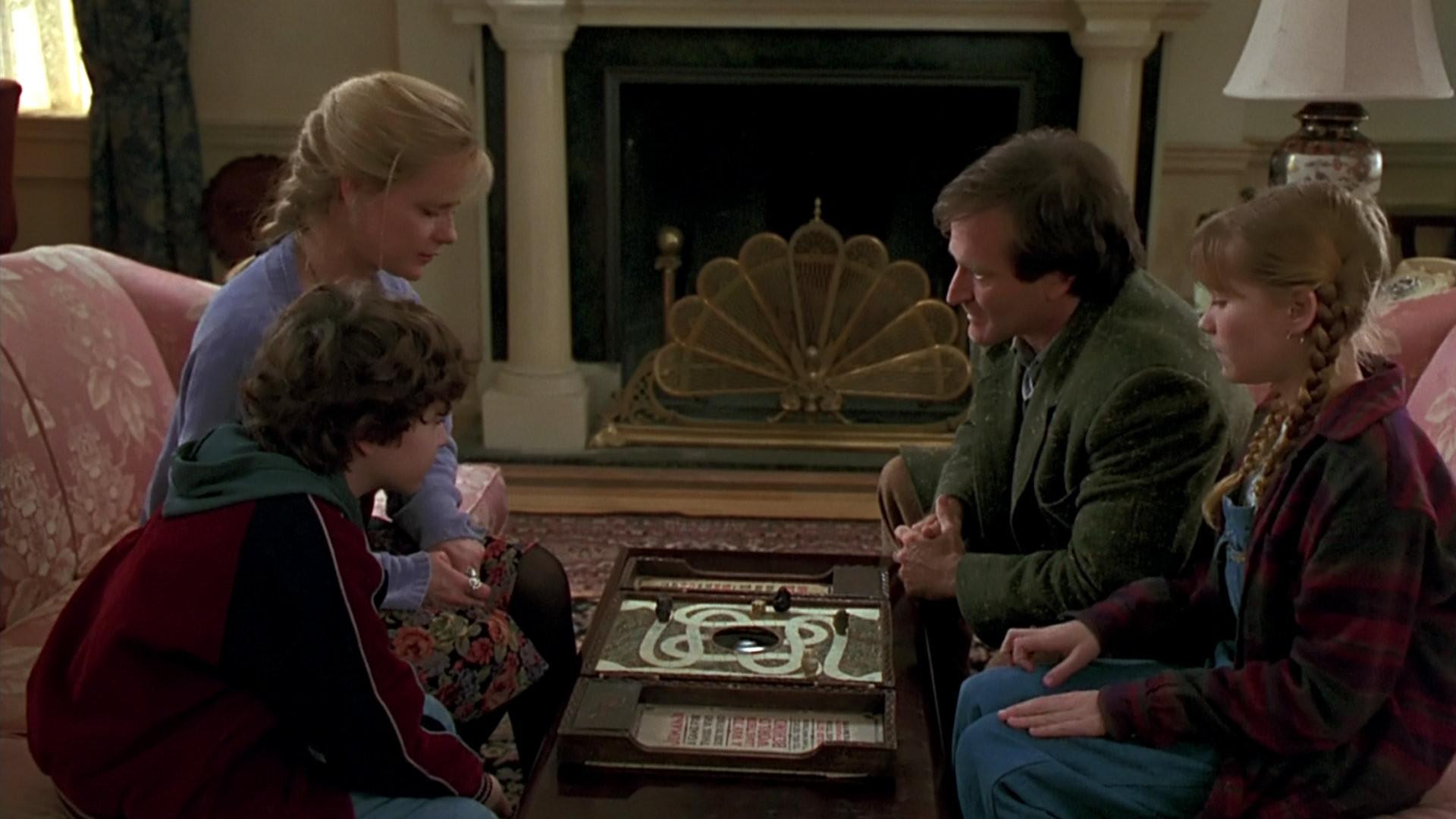
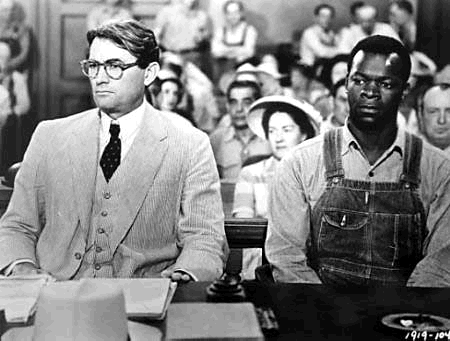
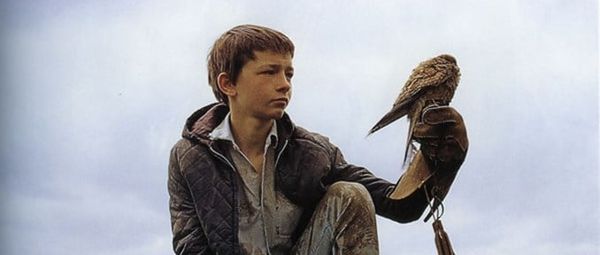
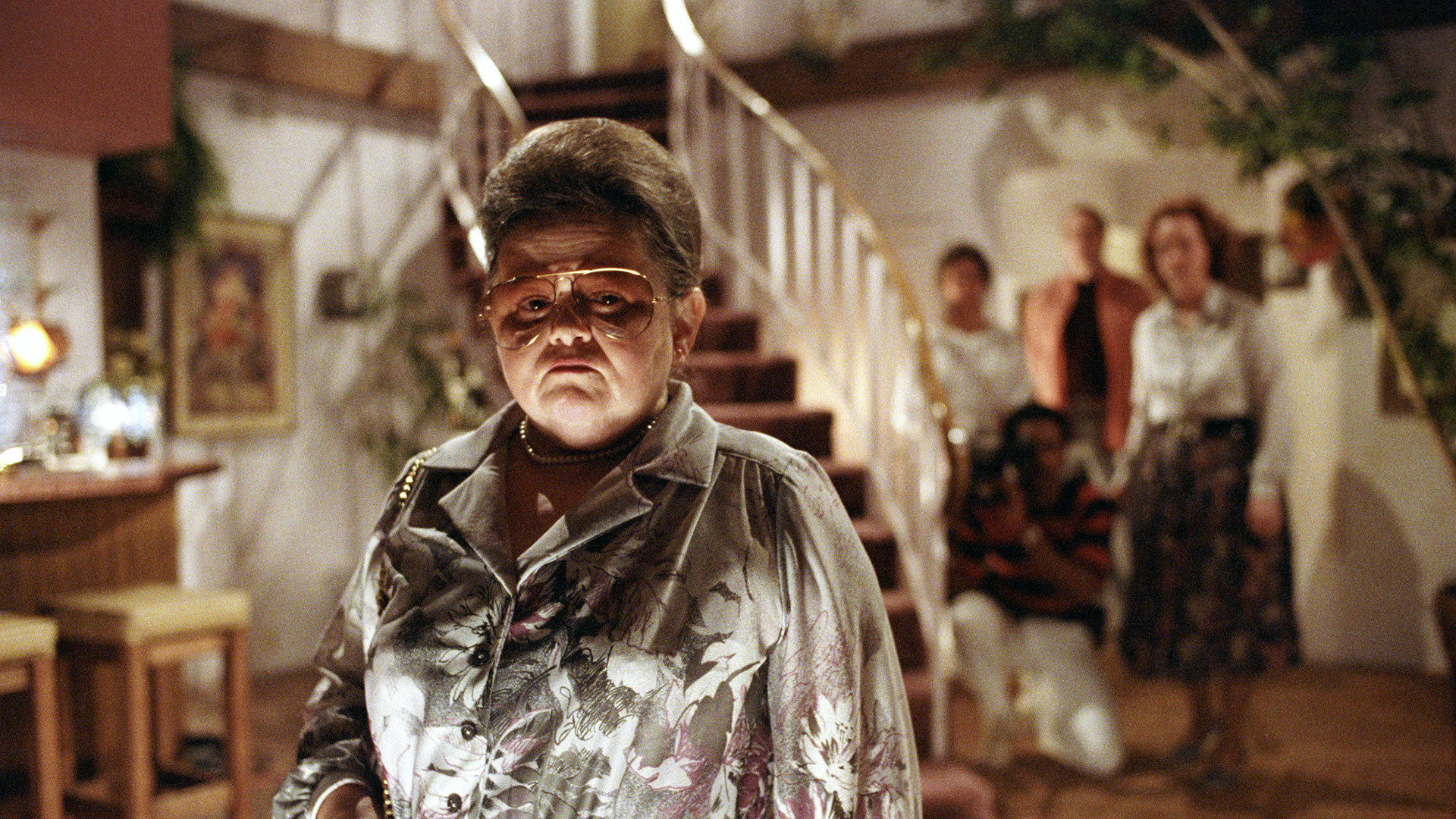
Comments
Post a Comment